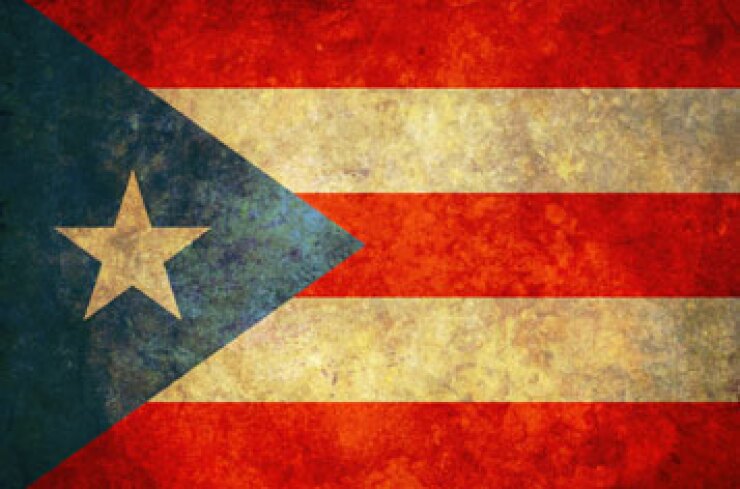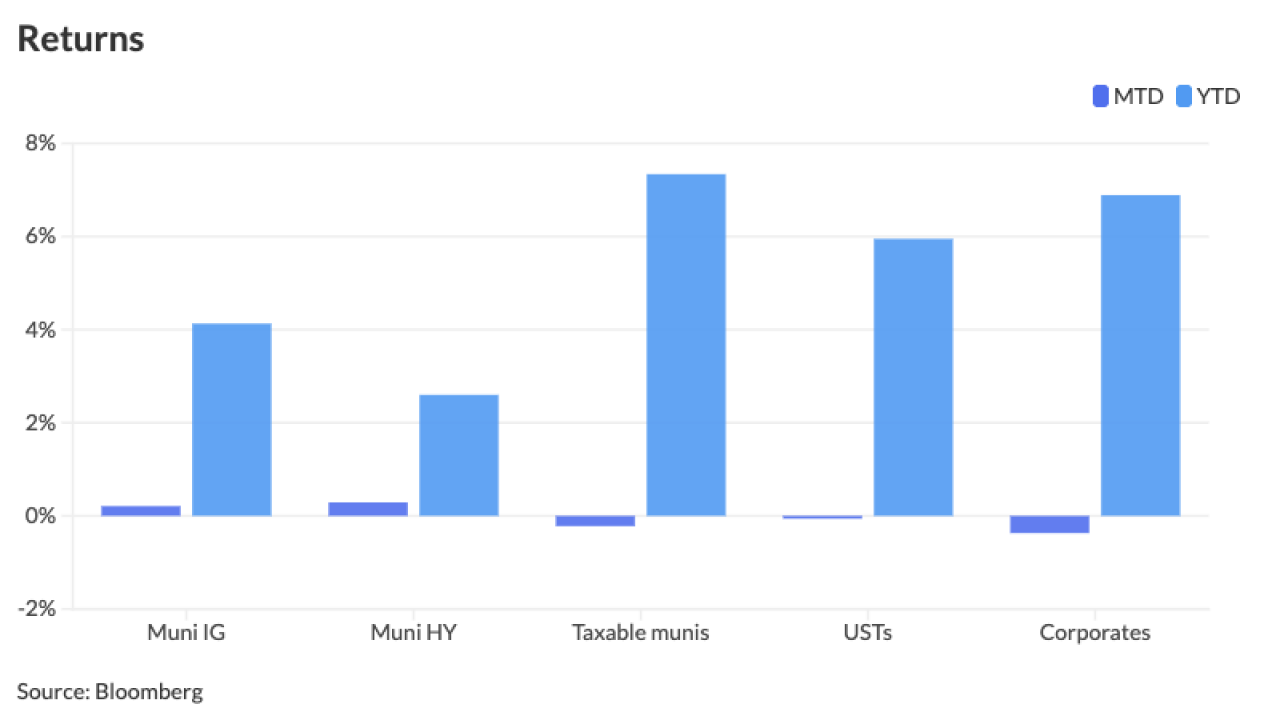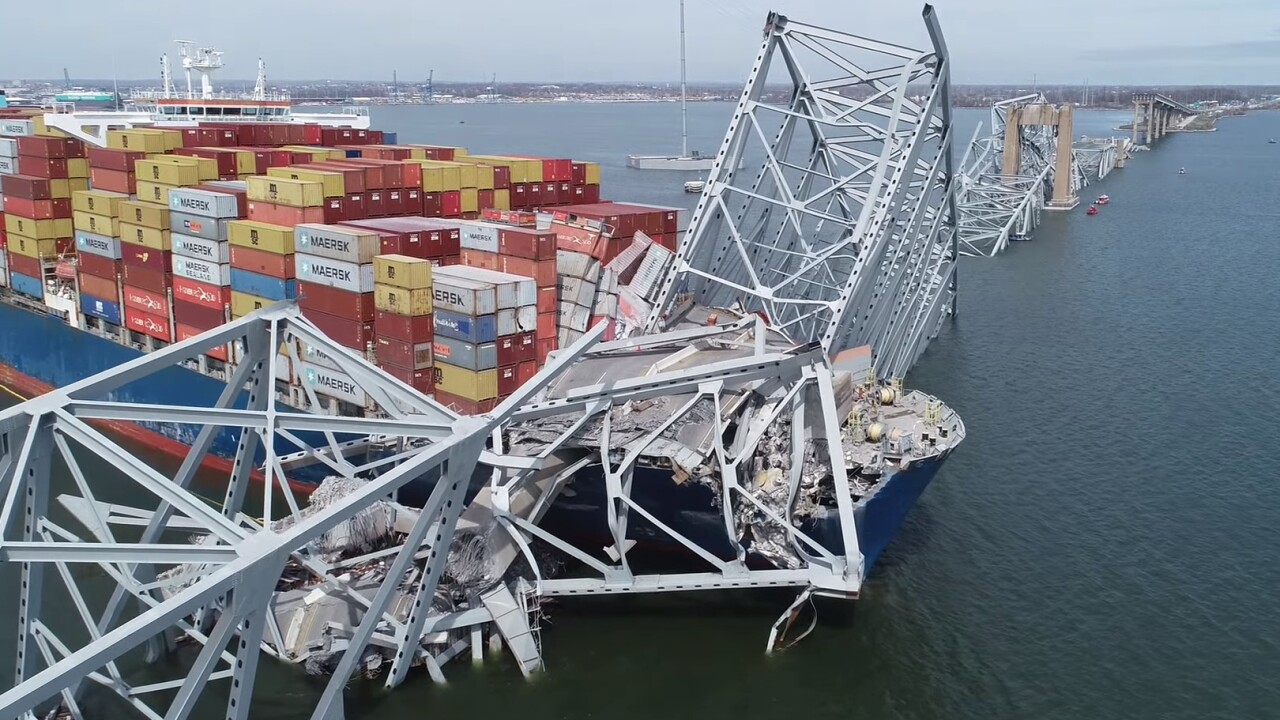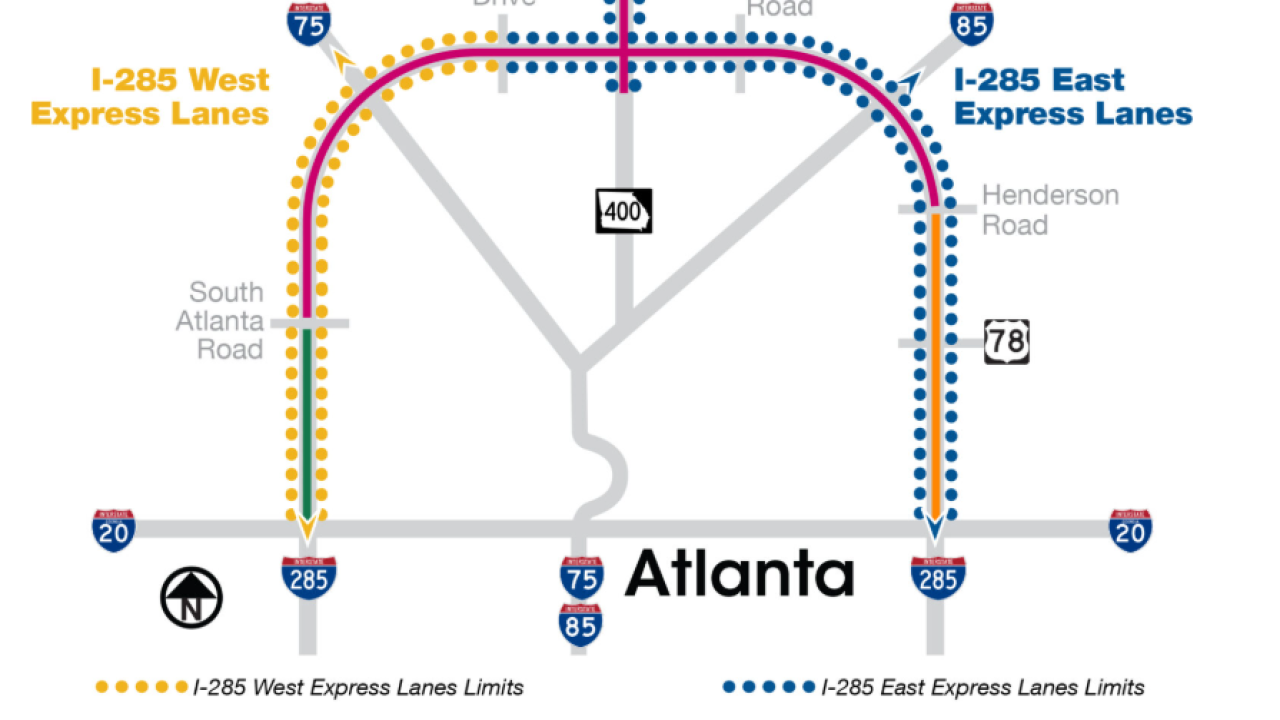The U.S. Court of Appeals for the First Circuit struck down the final outstanding legal challenge to the Puerto Rico Sales Tax Financing Corp. (COFINA) bond restructuring.
At stake was restructuring of the original COFINA $17.6 billion of bonds, the Puerto Rico credit with the most outstanding debt.

A group of Puerto Rico credit unions filed an adversary complaint (lawsuit) against COFINA on March 22, 2018, after the Puerto Rico Oversight Board had put it into Title III bankruptcy. District Court Judge Laura Taylor Swain approved the COFINA restructuring on Feb. 5, 2019 and the restructuring was implemented beginning on Feb. 12, 2019.
The credit unions and other parties filed four cases with the First Circuit challenging the bankruptcy. On Feb. 8, 2021 the First Circuit rejected the arguments in the three other cases.
As with the other cases, in the credit unions’ case, the First Circuit judges focused their argument on the legal doctrine of equitable mootness, which seeks to avoid undoing complex bankruptcy reorganizations.
The COFINA plan of adjustment “discharged all claims against the original COFINA and provided for dismissal with prejudice of all litigation arising from the COFINA restructuring,” the judges said. They pointed out the plan said, “the releases, injunctions and exculpation ... constitute an essential component of the compromises reached and are not severable from the other provisions of this plan.”
In Tuesday’s decision they quoted from their February decision saying deciding whether to reject an appeal of an implemented reorganization plan requires consideration of three factors: “(1) whether the appellant pursued with diligence all available remedies to obtain a stay of execution of the objectionable order; (2) whether the challenged plan proceeded to a point well beyond any practicable appellate annulment; and (3) whether providing relief would harm innocent third parties.”
On all three factors, the Circuit judge found the credit unions to have fallen short.
Regarding the first factor, “the credit unions here were anything but diligent in seeking to obtain a stay or prevent delay: They failed to object to the waiver of the automatic stay of confirmation, to seek any stay pending appeal, to request to expedite the appeal, or to object to requests for extension.”
Regarding the second and third factors, the judges said the plan “has now been fully implemented for over two years and … has led to tens of thousands of transactions worth billions of dollars by third parties relying on it in good faith. Upsetting the plan at this late date would throw those transactions into doubt, harming those third parties.”
In the credit unions adversary proceeding they argued in the years leading up to the bankruptcy Puerto Rico’s central government and COFINA had fraudulently induced them to purchase COFINA bonds. Near the end of their opinion, the circuit judges suggested the credit unions could sue the Puerto Rico central government for their claims, rather than COFINA, as they have been doing.
The circuit judges remanded the case to the District Court, which is a fairly common way of ending a case. If the credit unions wish to continue their case they would have to request a hearing en banc (in which all the First Circuit Court judges would rule on their case) or petition the U.S. Supreme Court for certiorari (which would be asking the court to review the Circuit Court’s decision).
The COFINA seniors group and the lawyer for the credit unions did not immediately respond to requests for a comment.





